SUMMARY
This is AI generated summarization, which may have errors. For context, always refer to the full article.
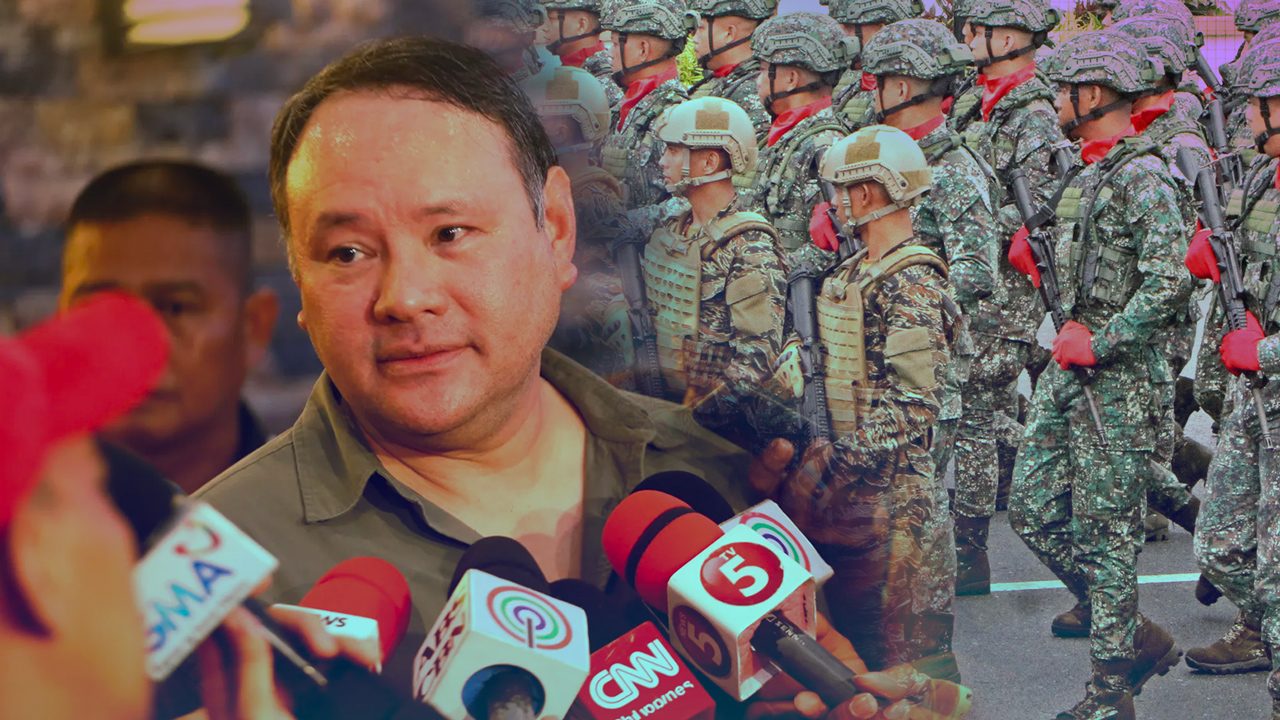
Sixteen years ago, in 2007, a 43-year old pedigreed lawyer and politician was appointed defense secretary, one of the few civilians to have led the Department of National Defense (DND) in the post-Marcos era. Gilberto CojuangcoTeodoro Jr. , popularly called Gibo, was also the youngest. (If we include the pre-Marcos years, the late Ramon Magsaysay holds the record of being the youngest.)
The world was simpler then. China was increasing its military spending but was relatively quiet in the South China Sea. It had been more than a decade since China grabbed Mischief Reef in 1995; their next move was to take place much later, in 2012, when China would take control of Scarborough Shoal.
While the US was watching China closely, both countries were engaged in confidence-building measures. Their rivalry had not yet reached a perilous point.
In Russia, Vladimir Putin was ending his second term as president. He would continue as prime minister and, in 2012, begin his third term as president, stifling dissent and jailing his opponents. He would unleash his violent designs on Ukraine a decade later.
The Philippines, under President Gloria Macapagal Arroyo, had entered into a “golden age of friendship” with China. However, this was marred by corruption scandals in a broadband deal with a Chinese state enterprise, ZTE, and the Northrail project funded by China.
Teodoro’s challenges then were to modernize the armed forces and upgrade capabilities of the soldiers. Those were pretty benign compared to what he faces today.
Maritime tension
He comes back to the DND amid sustained tension with China in the West Philippine Sea, a heightened US-China rivalry that leaves the Philippines little choice but to fortify its alliances and build new ones, and a potential flashpoint in the Taiwan Strait that could affect our country.
Internally, Teodoro has to fix the pension of the military and uniformed personnel, deal with a communist insurgency that has been down but not out, and continue strengthening the armed forces so that they are prepared for external threats.
He has been clear about his position on the Philippines’ maritime dispute with China. He hailed our country’s victory over China in an international arbitration court in 2016 as a “triumph of right over might.” In an essay he wrote for The Diplomat days after the Philippines won on July 12, 2106, Teodoro urged China to “embrace the [arbitration] process…in order to fulfill its obligations as a major power.”
Looking back, Teodoro tells us in an interview that China could have used this opportunity to show its magnanimity and build a relationship of trust with the Philippines.
World View
Before I go on, may I introduce my new interview show, World View? This is where we take a look at international, regional and national affairs – in conversations with newsmakers, officials, academics and public figures. We aim to do this monthly.
For the inaugural show, we spoke to Teodoro and covered a range of issues, from the security threats to disaster management. What stood out are the “new realities” that surround his work, foremost of which is climate change, the primary existential threat, and the potential of another pandemic. These will demand much from the civil defense side of his job.
“We need to build more agile institutions which are able to use advanced technologies, apart from building up our brick-and-mortar capabilities,” he says.
On the military side, the armed forces will continue to modernize and beef up its air and maritime services to reach a level of “credible deterrence” and respond to threats, not just in the West Philippine Sea. Who knows? Teodoro doesn’t discount conflicts elsewhere that could spill over to our part of the world.
At the same time – and this is his most urgent task – he needs to introduce reforms in the pension system of the Armed Forces to make it sustainable. Otherwise, the country’s finances will be drained.
‘Archaic’ structure
After he left the DND in 2009 and a failed bid for the presidency in 2010, Teodoro was active in the private sector where he was board member in various companies including BDO, Philippine Stock Exchange, the Philippine Geothermal Production Company, Alphaland Corp. and chaired the boards of Sagittarius Mines and Indophil Resources.
Thus, the new thing he brings to the table today, compared to his first stint at the DND, is a corporate approach. He sees the defense department as the “backroom” which needs to manage resources, open opportunities for further education of the staff, enhance plans and programs of the five agencies that it serves – the Government Arsenal, the Office of Civil Defense, the National Defense College of the Philippines, the Philippine Veterans Affairs Office, and the Philippine Aerospace Development Corporation.
As it is, the DND structure is “archaic,” he laments, and needs to be reengineered. But, unlike in the private sector, things move at a glacial pace in government. Teodoro says Congress would need to enact a law to reorganize the defense department.
Meanwhile, he has a timeline of five years to reset the DND while working with other government bodies to respond to external and internal threats as well as natural disasters. The Philippines, after all, ranks first among the countries most vulnerable to disasters, according to the 2022 World Risk Index.
Amid these daunting challenges, Teodoro has to make do with limited resources which, he says, is still the biggest hurdle in running the defense establishment. The world has changed, but the same problems remain at the DND.
You can listen to or watch the interview here. – Rappler.com
Add a comment
How does this make you feel?
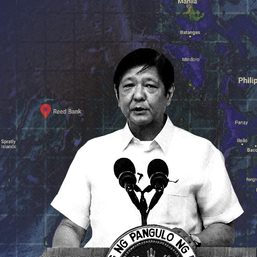
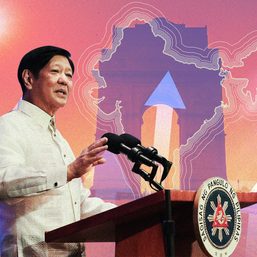
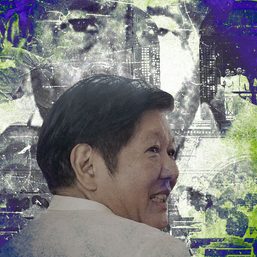
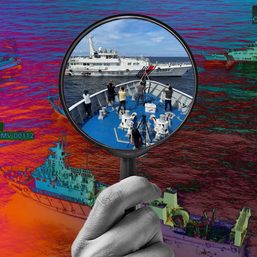
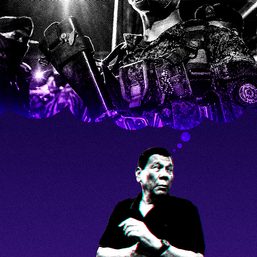
There are no comments yet. Add your comment to start the conversation.